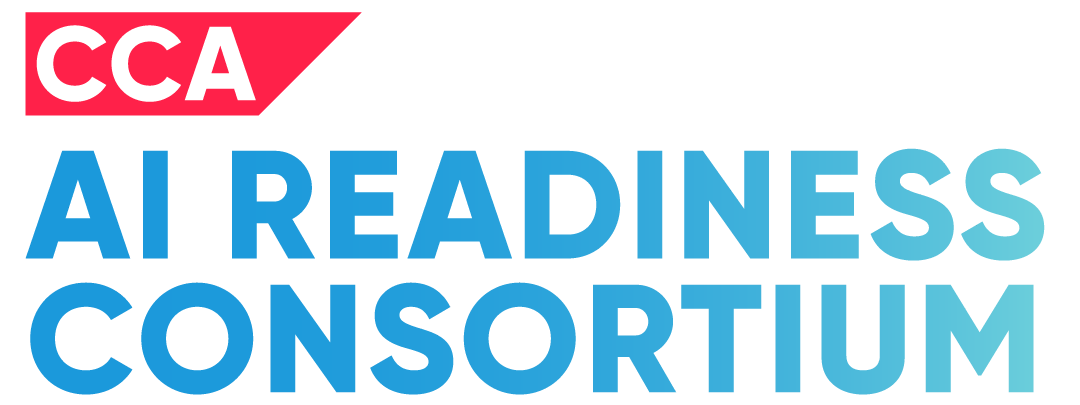Project scope
Categories
Gender studies Community engagement Public health Education Social justiceSkills
advocacy health promotion cultural sensitivity assertiveness empowermentStudents will develop a practical toolkit to assess and strengthen bodily autonomy—the right and ability of individuals to make decisions about their own bodies without coercion, manipulation, or misinformation.
They will:
✅ Conduct interviews with women, health workers, and community members to understand how bodily autonomy is supported or undermined in their daily lives—what challenges exist, and what helps people assert this fundamental right.
✅ Use these real-world insights to create a developmental framework (inspired by Clare Graves) that maps out levels of bodily autonomy—from survival-based compliance to full self-determination and collective advocacy.
✅ Identify micro-skills that support bodily autonomy—like assertiveness, emotional regulation, and information-seeking.
✅ Map social media messaging that aligns with these levels—seeing what messages resonate with different stages of autonomy development.
✅ Develop a set of culturally sensitive questions that can be used by health workers, educators, or community leaders to assess bodily autonomy in individuals—questions that map directly to these micro-skills and levels.
✅ Create a comprehensive, adaptable toolkit to meet women where they are—not to judge, but to support growth and agency.
✅ A report that includes:
- A summary of interview insights—what bodily autonomy means in real life
- A clear, accessible definition of bodily autonomy (grounded in cultural and community perspectives)
- A developmental framework of bodily autonomy levels
- A detailed list of micro-skills for building autonomy
- A review of social media messaging that supports or undermines bodily autonomy
- A set of assessment questions (survey or interview format) to help gauge where someone might be in their autonomy journey
- Recommendations for how to use these insights in real health promotion, clinical settings, and education
✅ A visual table or chart that shows:
- Left column: Levels of bodily autonomy
- Top row: Micro-skills, assessment questions, social media examples
- Cells: Practical examples and actionable strategies for supporting autonomy at each level
✅ A short presentation summarizing their findings, toolkit, and recommendations.
Why This Matters:
- Bodily autonomy is a core public health and human rights issue—it’s about dignity, safety, and freedom.
- Bridges theory and real experience—students will ground their framework in the lived realities of the people they’re serving.
- Flexible, actionable, and respectful—students will create something that can adapt to different communities and meet women where they are.
- It’s a legacy project—a tool that can actually shift how health promotion is done in clinics, schools, and communities.
Providing specialized, in-depth knowledge and general industry insights for a comprehensive understanding.
Sharing knowledge in specific technical skills, techniques, methodologies required for the project.
Direct involvement in project tasks, offering guidance, and demonstrating techniques.
Providing access to necessary tools, software, and resources required for project completion.
Scheduled check-ins to discuss progress, address challenges, and provide feedback.
Supported causes
The global challenges this project addresses, aligning with the United Nations Sustainable Development Goals (SDGs). Learn more about all 17 SDGs here.
About the company
Representation
Diversity and inclusion
Categories highlighting this company’s ownership and values
Minority-Owned Women-Owned BIPOC-Owned Small Business Social Enterprise Neurodivergent-Owned Immigrant-Owned Community-FocusedFIA is developing tools and content for women to help spot powers moves and respond 10X more effectively, whether at work, in love, or with family members. By learning the skills of social discernment, you can keep your peace and your power when others try to throw you curveballs.

